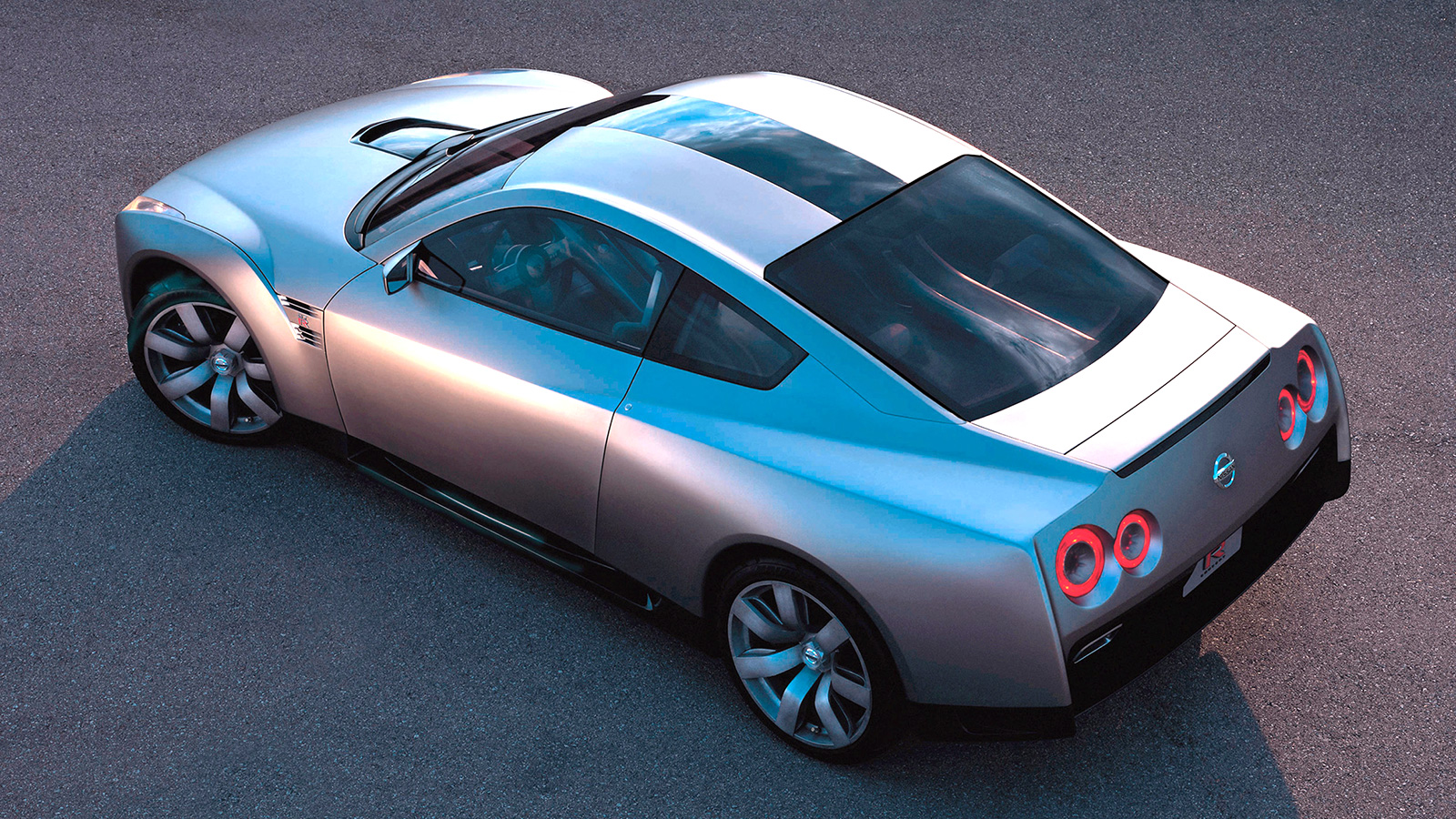The Next Nissan GT-R Probably Won't Rewrite The Script, For Better Or Worse
Nissan's next supercar could be special enough just by sticking to its roots. But the fact we're still left wondering about it is concerning.
The Nissan GT-R has spanned four presidential administrations. The year it came out, "Low" by Flo Rida finished No. 1 on the Billboard charts. And the cars it was purpose-built to run circles around — the C6 Corvette Z06 and Porsche 997 Turbo — have since evolved and evolved again, and can now run circles around it. Hell, the GT-R's 3.2-second 0-60 sprint is handily bested today by the 2.8-second C8 Vette, which starts at $61,000 — $9,000 less than the base GT-R cost when new in 2008. (By the way, $70,000 in 2008 money is equivalent to $89,000 today. Inflation's a wild thing, right?)
Something else that's happened since the R35 GT-R debuted 14 years ago? Mainstream electric cars. And everyone's trying to figure out some way to electrify their future performance vehicles, whether that comes in the form of a fully battery electric powertrain or some kind of mild hybrid scheme. Nissan may opt for the latter for the next-gen GT-R, if it even feels like electrifying it at all.
Nissan CEO Makoto Uchida recently told Autocar in an interview that the manufacturer is "looking at how we can do [the GT-R] electrified." Thing is, Uchida later sort of doubled back and hedged things a bit:
He elaborated that this title could still theoretically be achieved without a hybrid system: "Whether we go to a lot of electrification or none at all, we can achieve a lot power-wise. But we're definitely making a new platform, and our goal is clear: the GT-R has to be the quickest car of its kind. It has to own the track. And it has to play the advanced technology game. But that doesn't mean it has to be electric."
On one hand this is refreshing. It says to me that Nissan isn't interested in defining the GT-R's personality around electric power. Hell, even Dodge is banging that drum. That could potentially result in one of the last great ICE performance offerings, though not purely ICE depending on how Nissan ultimately goes about it. Imagine the GT-R we've all known and loved with a little boost. At a time when everyone else is desperate to distance themselves from the past, Nissan giving the twin-turbo V6 a last hurrah doesn't sound too bad at all.
On the other hand, the fact Nissan still can't commit to a clear direction for the R35's replacement — at least to the media — despite the company's brain trust ruminating over it for a whole decade isn't an encouraging sign. Back in 2019, GT-R program lead Hiroshi Tamura indicated that while he had strong feelings about what a theoretical successor should be, it hadn't been greenlit yet. It's now 2021, and we're still hearing execs at the company discuss "looking into" electrification in the vaguest of terms and championing traditional powertrains. What happened?
When the R35 came out, you couldn't read 200 words on the thing without happening across the same trite metaphor likening the steering to a PlayStation controller or whatever. The car was respected for its paradoxical mix of capability and daily drivability, but also derided for being too cold and inorganic, a vision of a sanitized future. My, how the turns have tabled. All I hope is that the next time there's a crumb of news about this car, it's based more in the physical rather than the theoretical.
